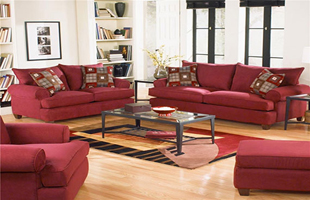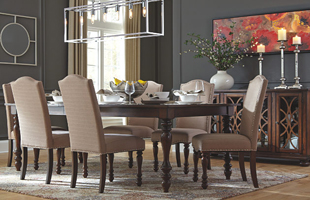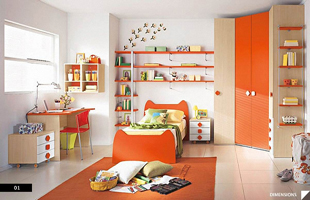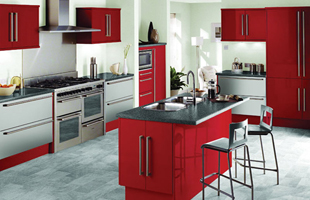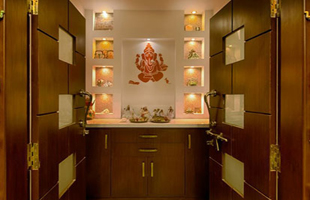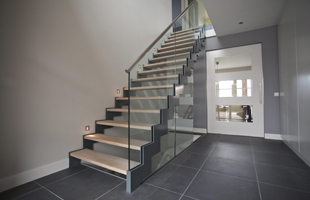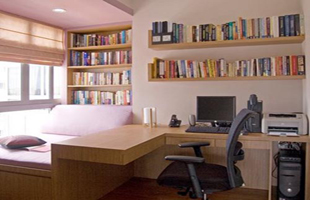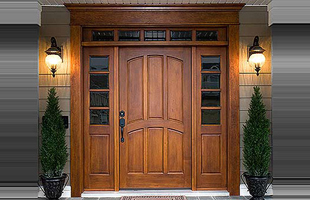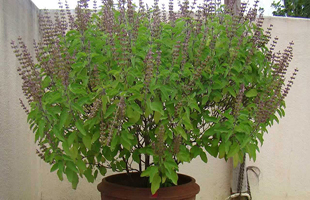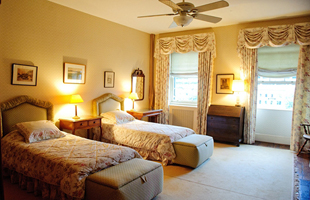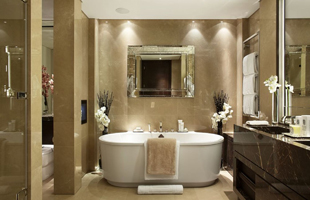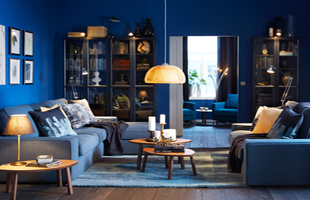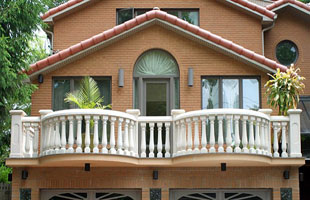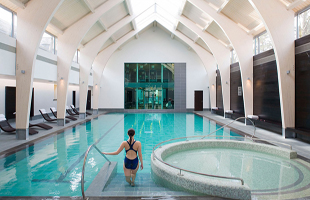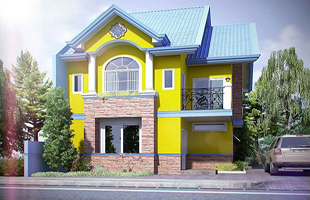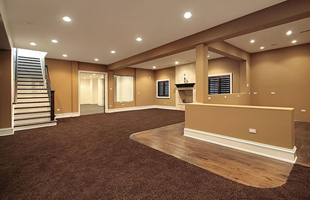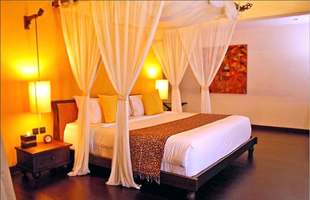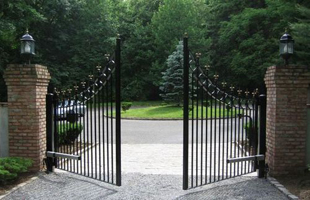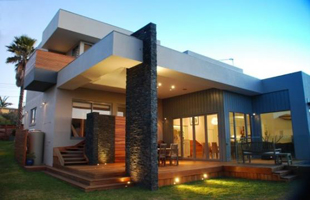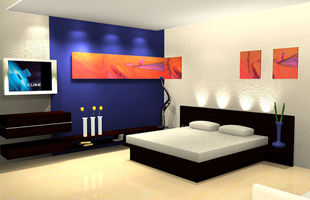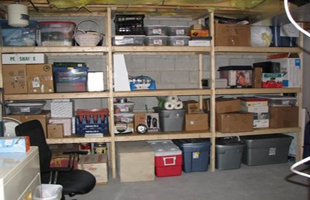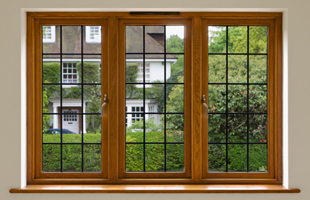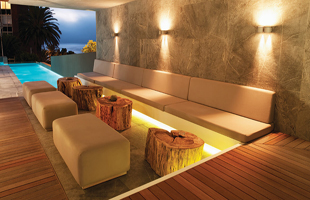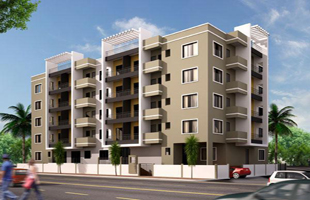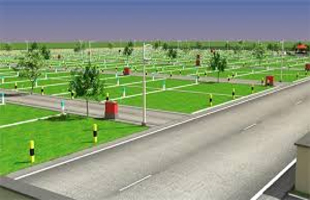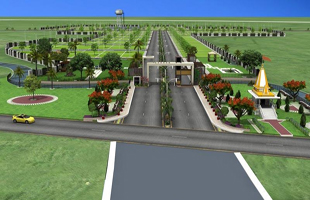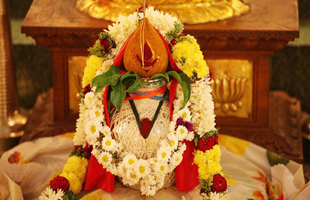Residential Vastu
Vastu is an ancient Indian science that deals with the architecture and design of homes to ensure harmony, balance, and prosperity for its inhabitants. I have visited many Residential Vastu sites in India. Here are some guidelines I prefer to share for your home:
1. Direction
The direction of the plot, house, and rooms affects the energy (positive or negative) entering the space.
2. Layout
The layout of the house, including room placement and door/window positioning, impacts energy flow.
3. Elements
The five elements (Earth, Water, Fire, Air, and Space) must be balanced in the home.
4. Color
Colors used in the home influence the energy and mood.
5. Direction
Ensure the proper direction is followed for different rooms to enhance energy flow.
Room-wise Vastu Tips:
- Living Room: Make it square or rectangular in shape. Avoid placing furniture in the center. Use warm colors.
- Bedroom: Place the bed in the South/West direction of the room. Avoid mirrors opposite the bed.
- Kitchen: Place it in the southeast or northwest of the building/flat. The cooking platform should be on the east or west side. Avoid placing the kitchen in the center.
- Bathroom/Toilet: Avoid placing bathrooms in the center or southwest. Never build a toilet in the northeast part of the home; consult a Vastu expert for proper placement.
General Vastu Tips:
- Main Entrance: Preferably east or north-facing.
- Door and Window Placement: Avoid placing doors and windows directly opposite each other.
- Staircase: Avoid placing the staircase in the center or northeast.
- Storage: Store heavy objects in the southwest or south.
- Avoid: Sharp corners, irregular shapes, and obstructing the north or east directions.
Benefits of Residential Vastu:
- Improved mental and physical health.
- Enhanced relationships and communication.
- Increased prosperity and wealth.
- Better sleep quality.
- Reduced stress and anxiety.

